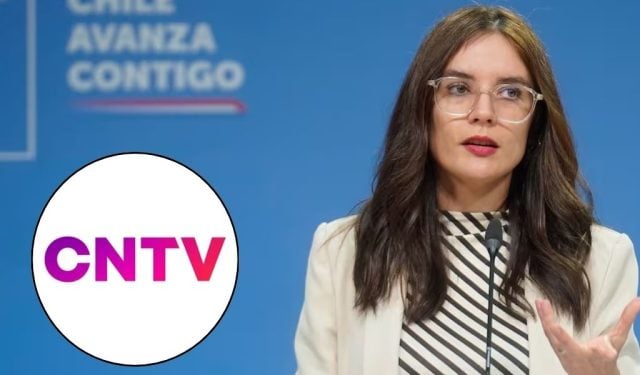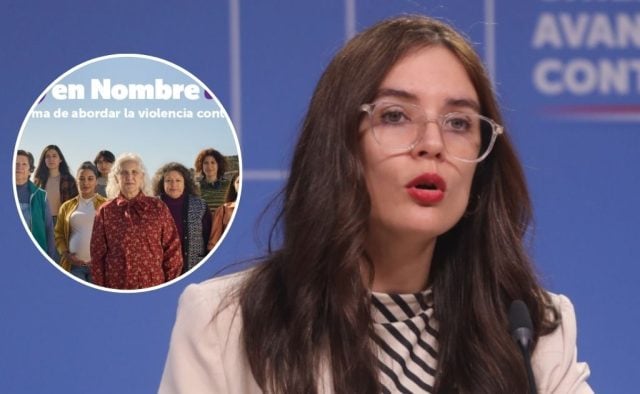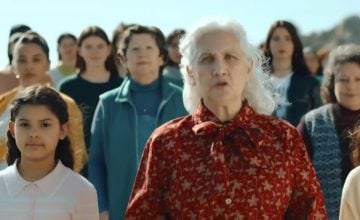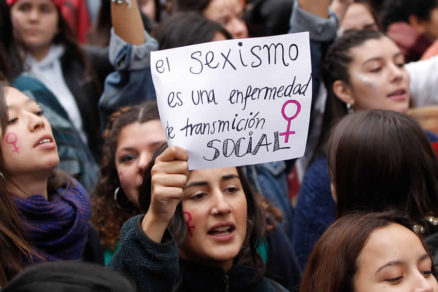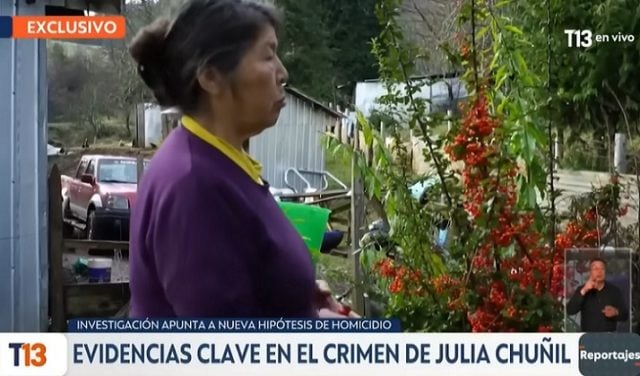Original article: Gobierno defiende campaña contra la violencia hacia las mujeres: Vallejo emplaza al CNTV y exige reconsiderar veto en plena conmemoración del 25N
Government Defends Anti-Violence Campaign for Women as Vallejo Urges CNTV to Reconsider Veto Amid 25N Commemoration
The Government will appeal the National Television Council (CNTV) decision to reject the campaign for the Comprehensive Law Against Violence towards Women, titled: «A Law in the Name of All».
The conflict arose after the CNTV informed the Government General Secretariat (Segegob) on November 18 that it would not approve the campaign’s broadcast due to not achieving the required quorum of seven votes in favor. The request for airing it on public television was set for the period from November 20 to November 25, 2025, coinciding with the November 25 (25N) observance of the International Day for the Elimination of Violence Against Women.
In light of this situation, Minister Camila Vallejo has urged the Council to reconsider the veto.
«We regret the rejection of this campaign because we have never faced a scenario where a public interest campaign of this magnitude was denied,» Vallejo stated during her usual Monday briefing.
She added, «We are talking about fulfilling our legal mandate from the Executive to promote awareness campaigns in accordance with our legislation, particularly since Chile has approved the Comprehensive Law Against Violence towards Women, so we need this campaign approved in the context of another commemoration of such significance.»
CNTV Rejects Broadcasting of Campaign «A Law in the Name of All»
The origins of this case date back to November 6, when Segegob, on behalf of the Ministry of Women and Gender Equity, formally requested the CNTV’s approval to air the «Public Interest Campaign of Law No. 21,625, which establishes measures to prevent, sanction, and eradicate violence against women based on their gender.»
However, during the regular council session held on November 10, the campaign did not secure the necessary votes. According to the session minutes, it was established that «given the lack of the required quorum as outlined in Article 12, letter m) of Law No. 18,838, the campaign ‘Comprehensive Law No. 21,675’ proceeded to be rejected.»
The vote divided the council into two clearly defined blocks. Those opposing the campaign included Vice President Gastón Gómez and councilors María de los Ángeles Covarrubias, Carolina Dell’Oro, Bernardita del Solar, and Andrés Egaña. According to the records, these councilors, despite declaring support for all efforts against violence towards women, believed the message could lead to confusion and that during electoral periods, such as the current one, the State and authority must communicate very strictly when it comes to messages.
Conversely, in favor of the campaign were CNTV President Mauricio Muñoz and councilors Beatrice Ávalos, Daniela Catrileo, Adriana Muñoz, and Francisco Cruz. This group framed the campaign within the context of the 25N commemoration, highlighting the importance of conveying a diverse perspective that emphasizes that many women can be affected by violence.
Government Clarifies the Campaign «Has No Relation to the Electoral Context»
The CNTV’s decision triggered an immediate reaction from La Moneda. Sources consulted by La Tercera indicated that the councilors who voted against were “mostly from conservative or right-wing sectors,” asserting that none based their vote on opposition to the law’s content but rather on “formalities and electoral context.”
Additionally, from the Executive, it was stated that the campaign does not reference elections, plebiscites, candidates, or any institutional processes, and that neither government officials appear in the videos nor are slogans, colors, or narrative threads that could be associated with a political trend displayed.
The Government argues that this campaign from the Ministry of Women is identical to those the CNTV has historically approved without exception and aligns with the State’s obligations to prevent gender-based violence.
Minister Vallejo Confirms Appeal
«It is incomprehensible that the argument of being in an electoral context is used to reject a campaign aimed at protecting women. Women of all ages, diverse women who exist in our country, must all be safeguarded and protected from gender violence,» she stated.
«We obviously need a reconsideration, and approval is necessary to disseminate this very important campaign that has been in development for a long time,» the government secretary added.
She recalled that similar campaigns had been aired on television in previous years, noting that electoral contexts were never an excuse for their rejection.
«We had it last year, the year before. Never before has the electoral context been a reason to deny a campaign of this kind. Moreover, it has no relation to the electoral context to conduct a campaign that, I insist, aims precisely to call for respect, protection of women, and their rights against the various forms of violence they may suffer,» she emphasized.
Minister of Women Antonia Orellana also joined the criticism, posting a message on her social media.
«It is the first time on record that this campaign has been denied. Apparently, there are councilors who believe that talking about gender violence during elections or raising awareness on this issue has a political sector,» she stated.
With the appeal submitted, the ball is back in CNTV’s court, which must review its decision on the symbolic date of November 25, while the Government insists that the message of protecting women from violence cannot be subject to electoral contexts.
